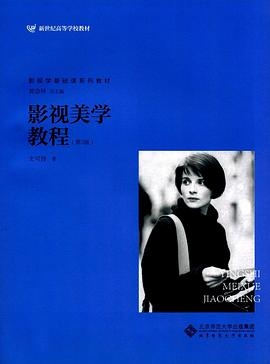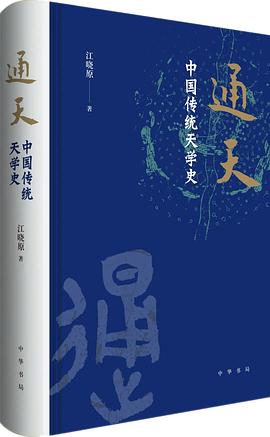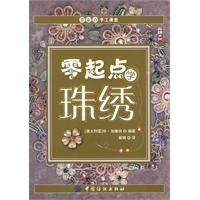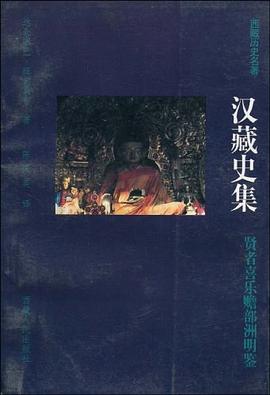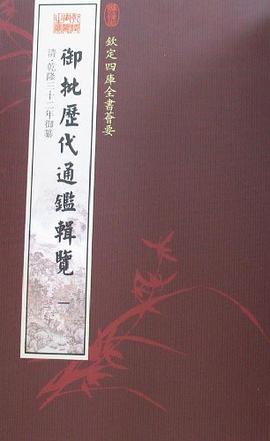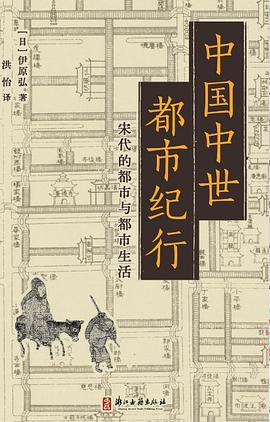China and Japan
内容简介
One of the world’s most eminent scholars of East Asia reveals the important touchstones in the long history between China and Japan and argues that for the sake of world stability they must forge a new relationship for the twenty-first century.
China and Japan have cultural and political connections that stretch back fifteen hundred years. But today their relationship is strained. China’s military buildup deeply worries Japan, while Japan’s brutal occupation of China in World War II remains an open wound. In recent years less than ten percent of each population had positive feelings toward the other, and both countries insist that the other side must deal openly with its history before relations can improve.
From the sixth century, when the Japanese adopted core elements of Chinese civilization, to the late twentieth century, when China looked to Japan for a path to capitalism, Ezra Vogel’s China and Japan examines key turning points in Sino–Japanese history. Throughout much of their past, the two countries maintained deep cultural ties, but China, with its great civilization and resources, had the upper hand. Japan’s success in modernizing in the nineteenth century and its victory in the 1895 Sino–Japanese War changed the dynamic, putting Japan in the dominant position. The bitter legacy of World War II has made cooperation difficult, despite efforts to promote trade and, more recently, tourism.
Vogel underscores the need for Japan to offer a thorough apology for the war, but he also urges China to recognize Japan as a potential vital partner in the region. He argues that for the sake of a stable world order, these two Asian giants must reset their relationship, starting with their common interests in environmental protection, disaster relief, global economic development, and scientific research.
......(更多)
作者简介
Ezra F. Vogel is Henry Ford II Professor of the Social Sciences, Emeritus, at Harvard University. He is the author of numerous books on Japan and China, including Deng Xiaoping and the Transformation of China, which was a finalist for the National Book Critics Circle Award for Biography, winner of the Lionel Gelber Prize, and named Best Book by The Economist, the Washington Post, and Financial Times. It was also a Wall Street Journal Book of the Year, New York Times Editors’ Choice, and Gates Notes Top Read. The Japanese edition of Vogel’s classic work Japan as Number One topped the bestseller list there for many years.
......(更多)
目录
Preface
1. Chinese Contributions to Japanese Civilization, 600–838
2. Trade without Transformative Learning, 838–1862
3. Responding to Western Challenges and Reopening Relations, 1839–1882
4. Rivalry in Korea and the Sino–Japanese War, 1882–1895
5. Japanese Lessons for a Modernizing China, 1895–1937 [with Paula S. Harrell]
6. The Colonization of Taiwan and Manchuria, 1895–1945
7. Political Disorder and the Road to War, 1911–1937 [with Richard Dyck]
8. The Sino–Japanese War, 1937–1945
9. The Collapse of the Japanese Empire and the Cold War, 1945–1972
10. Working Together, 1972–1992
11. The Deterioration of Sino–Japanese Relations, 1992–2018
12. Facing the New Era
Biographies of Key Figures
Notes
Sources and Further Reading
Acknowledgments
Index
......(更多)
读书文摘
请日语流利的早稻田大学毕业生曹汝霖参加日本公使的谈判
1948年8月15日,也就是日本投降三年后,南韩正式宣布独立,成立朝鲜民主主义人民共和国。1948年9月9日,北韩正式宣布成立大韩民国。
......(更多)

